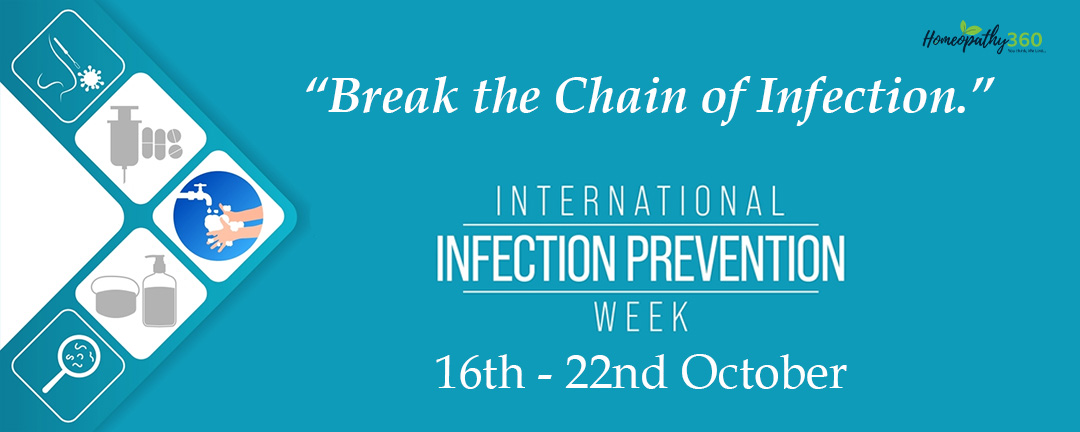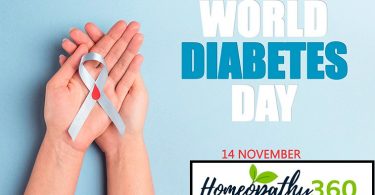
Theme is “The Future is Infection Prevention: 50 Years of Infection Prevention”
International Infection Prevention Week (IIPW), established in 1986, aims to shine a light on infection prevention each and every year. International Infection Prevention Week (I.I.P.W.) is observed every third week of October to educate the general public on the importance of preventing the spread of illnesses and infectious agents. This year, it is held from October 16 to 22. Infections ranging from hospital-acquired to those found in homes or workplaces can compromise healthcare workers’ efforts and have a detrimental impact on public health. Every year, secondary infections cause thousands of health concerns in hospitals. Global pandemics are also sparked by the rapid spread of infectious pathogens. The I.I.P.W.’s goal is to learn more about infection prevention and how it might help improve patient safety.
5 INTERESTING FACTS ABOUT INFECTIOUS AGENTS
1. Mostly spread by hand contact
Almost 80% of infectious agents are spread by the hands.
2. Remote controls spread them
Remote controllers are the most common carriers of infectious pathogens and are a key source of illness dissemination.
3. Keyboards carry more infectious agents
Phones, computers, and A.T.M. keyboards carry more germs than toilet seats.
4. Office desks surpasses toilets in germ population
Uncleaned office desks and tables may contain around ten million bacteria — more than can be found in toilet seats.
5. Toilet flushing levitates germs
On flushing toilets, infectious diseases can rise to six feet and cling to the user’s clothing.
HOW TO OBSERVE INTERNATIONAL INFECTION PREVENTION WEEK
1. Read about infection prevention
Update your knowledge and understanding of ways and recent trends in preventing infections. Learning about infection prevention and control practices is important in maintaining a safe environment for everyone by reducing the risk of the potential spread of disease.
2. Practice personal hygiene
Attempt to increase the level of your hygiene. Wash your hands with soap and water more frequently. Clean surfaces around your house.
3. Inform about infection prevention
Inform relatives, friends, and acquaintances about the need for infection prevention and the advantages of doing so. This will enable them to practice good hygiene at all time.
Courtesy : nationaltoday.com




